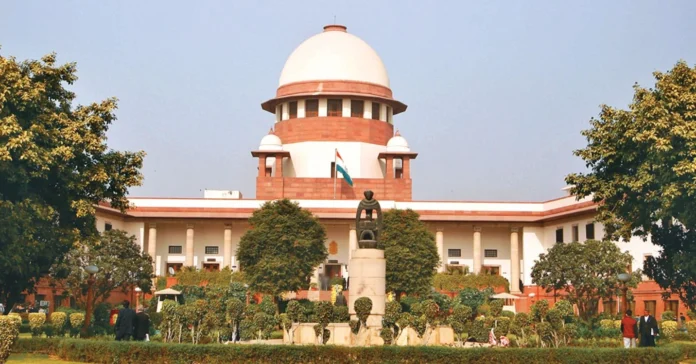A public interest litigation has been filed in the Supreme Court seeking strict regulation of what petitioners describe as opaque and exploitative
practices in India’s civil aviation sector. The petition, lodged under the Court’s original jurisdiction, targets algorithm-driven dynamic pricing models, reduced baggage allowances, and a range of ancillary charges imposed by private airlines.
According to the petition, carriers are increasingly relying on secretive, demand-responsive pricing algorithms that adjust fares in real time, often resulting in sudden and extreme spikes. Such systems, the plea argues, are unacceptable in an essential service like air travel, which serves as a lifeline for urgent needs such as medical treatment, educational commitments, and time-sensitive work travel. By allowing unregulated algorithms to determine fares, the petition asserts, airlines are commodifying access to mobility and undermining public interest.
The petitioners allege that “day-of-travel” surcharges, layered onto dynamically calculated base fares, disproportionately affect passengers compelled to book at short notice — including patients, students, and low-income daily wage workers. They further highlight the unilateral reduction of complimentary check-in baggage limits from the earlier 25 kg to 15 kg across most private carriers. The shift, according to the filing, has transformed baggage into a high-margin revenue stream, with steep excess baggage fees levied on unsuspecting passengers.
Additional practices under challenge include undisclosed seat-selection charges, priority boarding fees, inflated in-flight food pricing, inadequate on-site complaint resolution mechanisms, inconsistent compensation for delays and cancellations, and the complete absence of mandatory passenger insurance.
In terms of relief, the petition seeks binding directions to:
- Impose caps on dynamic fare fluctuations;
- Mandate public disclosure and regulatory approval of pricing algorithms;
- Reinstate uniform baggage entitlements with advance notice for changes;
- Establish real-time fare monitoring and temporary caps during crises;
- Introduce compulsory passenger insurance of at least ₹5 crore per traveller;
- Create enforceable grievance redressal cells at all airports; and
- Constitute an independent Aviation Tariff & Consumer Protection Commission vested with quasi-judicial authority.
The filing is supported by annexures comprising recent media reports, Directorate General of Civil Aviation (DGCA) passenger traffic statistics, and recommendations from the Rajya Sabha Standing Committee on Transport. The matter was registered with the Supreme Court on August 11, 2025, and is expected to be listed for preliminary hearing in due course.


